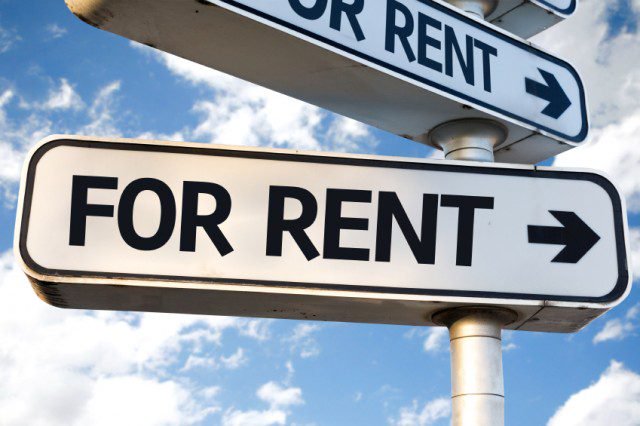Private Sector Rents Not Rising Faster than Wages

Private Sector Rents Not Rising Faster than Wages
Private sector rents in England are not rising faster than wages, in stark contrast to the social rental sector, where rents have increased faster than earnings, according to a new report from the National Audit Office.
Although private sector rents in England aren’t rising as fast as wages, the report does note that London is the exception to this. In the capital, rents are rising much faster than earnings, warns the National Audit Office.
The Residential Landlords Association (RLA) warns that this is a result of a chronic shortage of housing across all tenures in London. Indeed, it has been suggested that London’s housing bubble may finally burst this year, which would cause property owners to lose thousands off pounds off their assets and private sector rents to plummet.
The Royal Institution of Chartered Surveyors has also warned, “rents are being squeezed higher due to demand consistently running ahead of supply”, in its latest analysis of the sales and lettings markets.
The RLA cautions that there will be further pressure on private sector rents as a result of the forthcoming changes to mortgage interest tax relief.
The Policy Director of the RLA, David Smith, says: “Today’s findings from the National Audit Office will surprise those who have falsely sought to argue that landlords are profiteering. The question must surely now be why the heavily subsidised social rented sector is seeing its rents increasing so much more than earnings.
“We cannot afford to be complacent. Forthcoming changes to mortgage interest relief, due to be rolled out from April, will serve only to place upwards pressure on market rents, stifling the supply of homes to rent and reducing choice for tenants.”
He warns: “In the end, those who will suffer will be tenants unable to save for a house of their own, and the many vulnerable people, such as the homeless, who rely so much on the sector to provide a home for them.”






